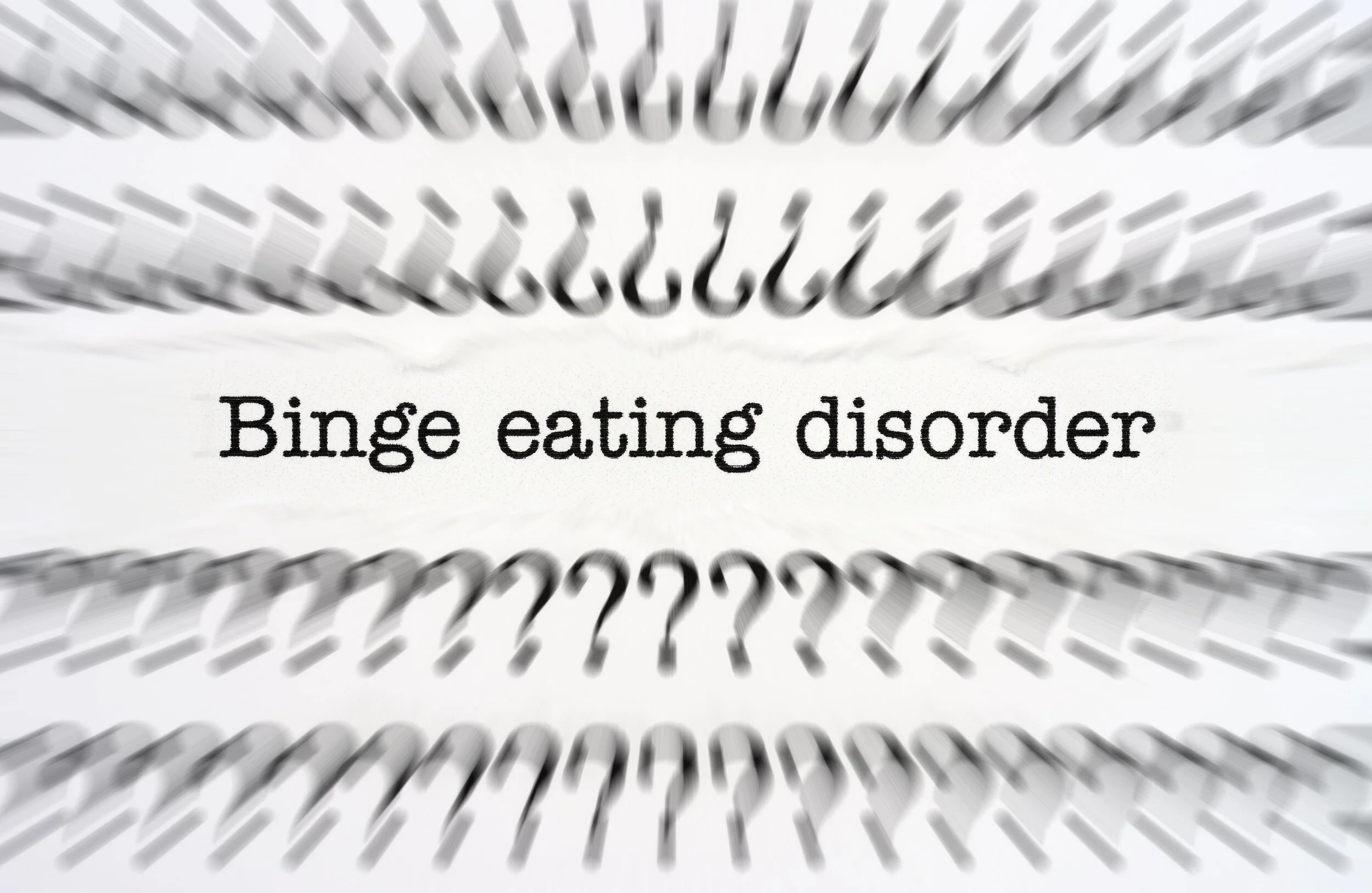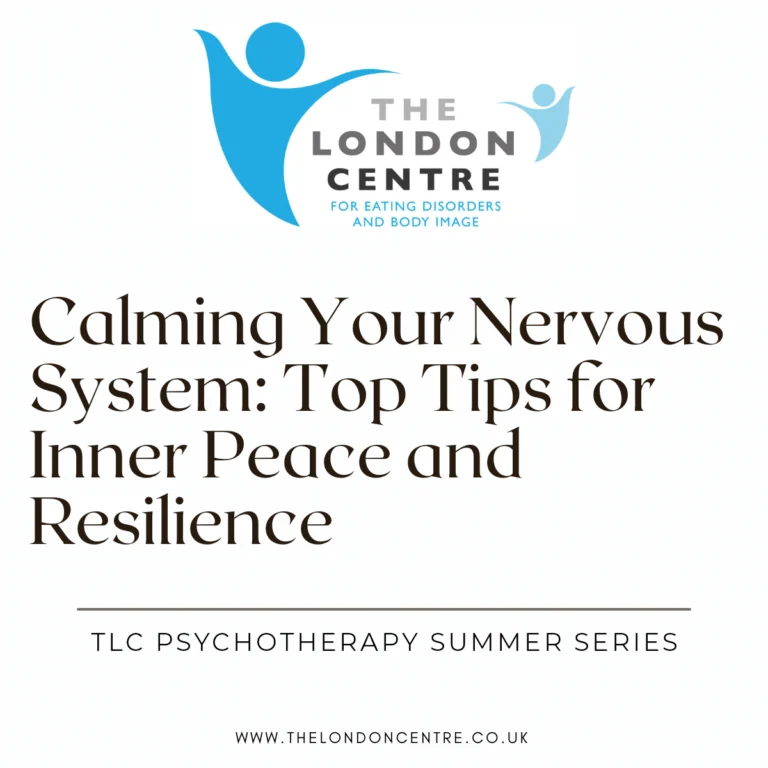Is bingeing an eating disorder?
There are a number of diagnosable eating disorders, each with different presentations. Some eating disorders are more widely recognised and talked about, whilst others are very rarely discussed – in the media, by individuals, and even by health professionals. An example of this is binge eating disorder.
People with binge eating disorder are often hesitant to seek help because they worry that they don’t really have an eating disorder. They see themselves as “lazy” or “greedy” and think they just need to control themselves. This might be because of how family members have talked to them (or how family members with similar problems have talked about themselves). Or it can be a result of how weight and shape are portrayed in the media. But binge eating disorder can be a serious mental health issue, and is one that often requires psychological treatment. Binge eating disorder is as deserving of treatment as any other mental health condition.
What is binge eating disorder?
Binge eating disorder is diagnosed when someone:
- Experiences recurrent episodes of binge eating (on average at least once a week for three months)
- Notices three or more of the following whilst binge eating: -Eating much more rapidly than normal -Eating until uncomfortably full -Eating large amounts of food when not feeling physically hungry -Eating alone because of feeling embarrassed by how much one is eating -Feeling disgusted with oneself, depressed, or very guilty afterwards
- Experiences significant distress around binge eating
- Does NOT engage in compensatory behaviours such as purging, restricting, or excessive exercise, and does not have a diagnosis of anorexia, bulimia or ARFID.
It’s important to note that weight and appearance are not part of the diagnostic criteria.
But what is binge eating?
Binge eating is eating a large amount of food in a short period of time, accompanied by a sense of loss of control. It’s important to take into account the circumstances – for example what are those around you eating? Most people eat more than usual at Christmas, or at a buffet. But if you are eating more than those around you, or eating large amounts of food in secret, it may be a binge. Examples of this could include eating whole packets of biscuits, family packs of crisps, whole tubs of ice cream, whole packets of cereal or large bars of chocolate. In binge eating, this eating will be accompanied by a sense of loss of control. This might be indicated by a difficulty in stopping, even if the door bell or phone rings, or being unable to leave anything in the packet.
Is this an eating disorder?
Bingeing can cause people a lot of shame. And yet, people often struggle to recognise that they have an eating disorder. Instead, they may become self-critical and think they should just “stop”. However, bingeing is very different from comfort eating, which most people do from time to time. Bingeing causes significant distress. People feel out of control, physically uncomfortable, and ashamed. Often bingeing occurs in secret, and people feel the need to “hide the evidence”. Eating in this way is not a choice, it’s an eating disorder.
Why do I binge?
Bingeing almost always performs a function. Often people binge when they feel anxious, low or angry. Bingeing temporarily numbs the emotions. But those emotions flood back later, often triggering further bingeing and keeping the person trapped in a vicious cycle. Sometimes bingeing performs another function. It may be a way of avoiding traumatic memories, a way of keeping people at a distance, or a way of trying to communicate distress. A key component of treatment is to understand the function of bingeing, and to find other ways to deal with it.
Bingeing is also often triggered by restriction. People sometimes mistakenly believe you cannot be restricting if you are not underweight – but this is not the case. Everyone can experience restriction – whether that is physiological (if there has been a big gap between meals, or the person eats less than their body needs) or psychological (because the person is trying to diet, or thinks they should try and avoid certain foods). This restriction can make people much more vulnerable to bingeing, so treatment also helps people address this.
Can binge eating disorder be treated?
Absolutely. Binge eating disorder is most typically treated using CBT-E (a form of CBT designed for those with eating disorders). However, other approaches can be used if CBT is not suitable for any reason.
So if you are struggling with binge eating, there is no need to carry on alone. It is an eating disorder. And it is treatable. Please do ask for help.
You can read more about binge eating disorder here.
If you wish to book an appointment, please click here.








